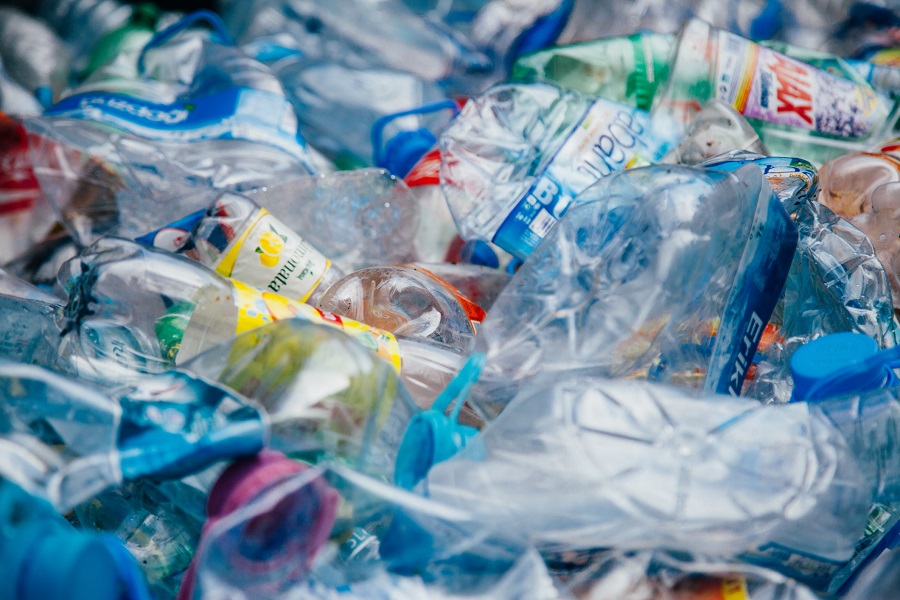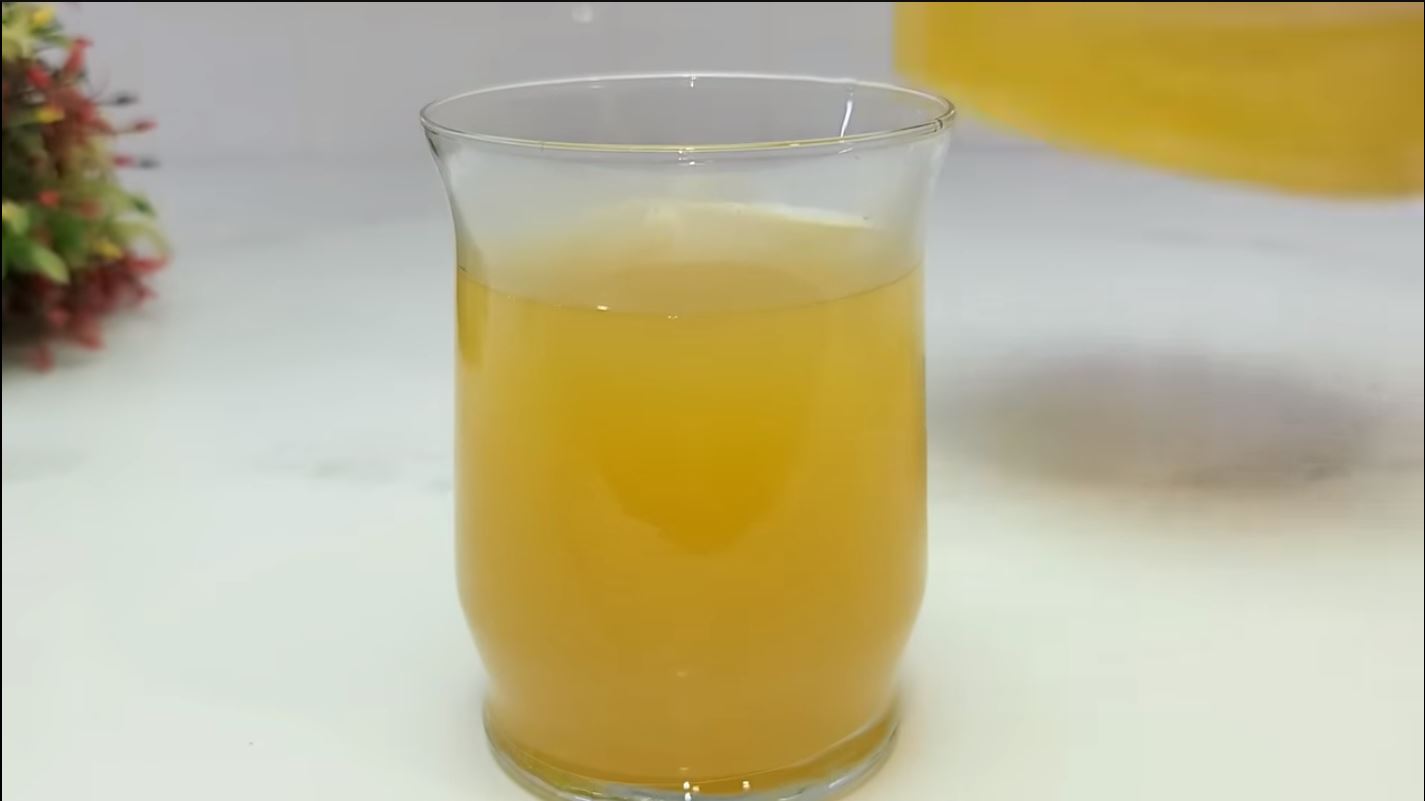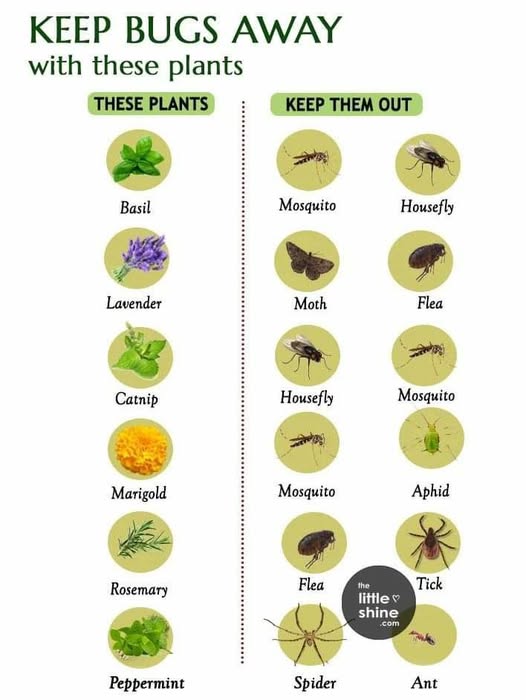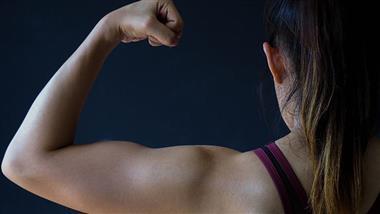
Researchers from the University of Edinburgh in Scotland have pioneered an innovative process that transforms plastic waste into vanillin, the key component of vanilla flavoring, using genetically engineered Escherichia coli (E. coli) bacteria. Their study, published in Green Chemistry, details how PET (polyethylene terephthalate) plastics, commonly found in bottles and packaging, can be broken down into terephthalic acid, which is then biologically converted into vanillin through a series of engineered bacterial reactions.
This breakthrough provides a novel and sustainable approach to addressing plastic waste while also meeting the increasing global demand for vanillin, which is widely used in the food, cosmetic, and pharmaceutical industries. With rising concerns over environmental sustainability, this method could significantly reduce reliance on petrochemical-derived vanillin and offer a circular economy solution for plastic recycling. As bioengineered vanillin makes its way into products like ice cream, chocolate, baked goods, candies, and beverages, the implications for both food science and environmental conservation are profound.
https://www.ed.ac.uk/news/2021/bacteria-serves-tasty-solution-to-plastic-crisis









